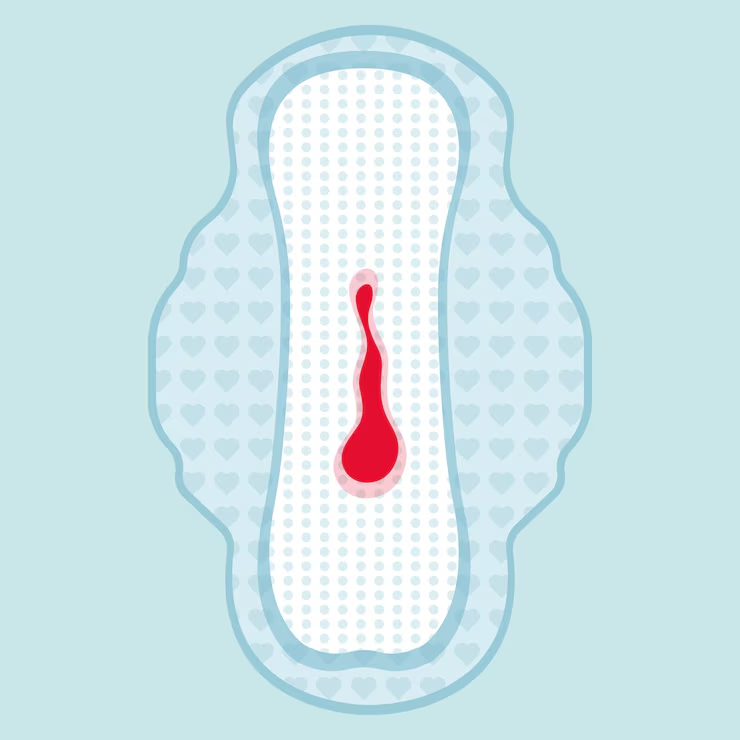Avoiding risky movements

Pregnancy is a beautiful journey filled with emotional and physical changes. Staying active is essential during this time, not only for your own well being but also for your growing baby’s health. However, not all movements are safe during pregnancy. Understanding which exercises and movements to avoid is crucial to ensure a smooth and safe pregnancy.
In this blog, we’ll cover the risky movements that should be avoided during pregnancy and suggest safer alternatives for staying active and healthy.
Why Exercise Matters During Pregnancy
Regular physical activity during pregnancy has many benefits:
-
Helps reduce backaches, constipation, bloating, and swelling
-
Improves mood and energy levels
-
Helps you sleep better
-
Promotes muscle tone, strength, and endurance
-
May help with labor and recovery
But it’s important to choose your exercises wisely, especially as your body undergoes significant changes.
Movements to Avoid During Pregnancy
1. High Impact Activities
Activities that involve jumping, bouncing, or sudden changes in direction (like jumping jacks, high-intensity interval training, or fast-paced dance) can strain your joints and increase your risk of falling.
Why Risky? Pregnancy loosens ligaments and shifts your center of gravity, making high-impact movements dangerous.
Safer Alternatives:
-
Low-impact aerobics
-
Prenatal yoga
-
Swimming
2. Lying Flat on Your Back After the First Trimester
Once you enter your second trimester, avoid exercises that require you to lie flat on your back for extended periods.
Why Risky? The weight of your uterus can compress a major vein (vena cava), restricting blood flow to your heart and your baby.
Safer Alternatives:
-
Side-lying exercises
-
Seated or standing movements
-
Use an inclined or wedge pillow if necessary
3. Heavy Weightlifting or Straining
Lifting very heavy weights or holding your breath while lifting can increase pressure in your abdomen.
Why Risky? This can lead to hernias, back strain, or even preterm labor.
Safer Alternatives:
-
Light resistance training with supervision
-
Bodyweight exercises
-
Use resistance bands
4. Exercises That Involve Twisting or Jerky Motions
Movements that involve sharp twisting of the waist or sudden jerks can be harmful.
Why Risky? It can strain abdominal muscles and ligaments which are already under pressure.
Safer Alternatives:
-
Gentle stretching
-
Controlled side bends
-
Focus on posture and balance
5. Contact Sports
Avoid sports like basketball, soccer, or martial arts where there’s a risk of being hit or falling.
Why Risky? Trauma to your abdomen can harm your baby and increase the risk of miscarriage or placental issues.
Safer Alternatives:
-
Walking
-
Stationary biking
-
Swimming
6. Hot Yoga or Overheating Workouts
Exercising in extremely hot conditions can raise your core body temperature too high.
Why Risky? Overheating during pregnancy can lead to birth defects or dehydration.
Safer Alternatives:
-
Regular room temperature yoga
-
Walking in a cool environment
-
Stay hydrated and avoid working out during peak heat hours
Key Tips for Safe Pregnancy Movement
-
Always warm up and cool down to prevent muscle strain.
-
Listen to your body if you feel dizzy, short of breath, or in pain, stop immediately.
-
Wear supportive clothing and shoes to maintain balance and comfort.
-
Consult your doctor before starting or continuing any exercise routine.
Related Articles

What Is Considered a Normal Period Flow?

Baby development at 14 weeks

Baby development at 10 weeks

Staying off social media breaks

Balanced diet during pregnancy

Baby development at 28 weeks

Changing pads/tampons regularly

Using calming affirmations